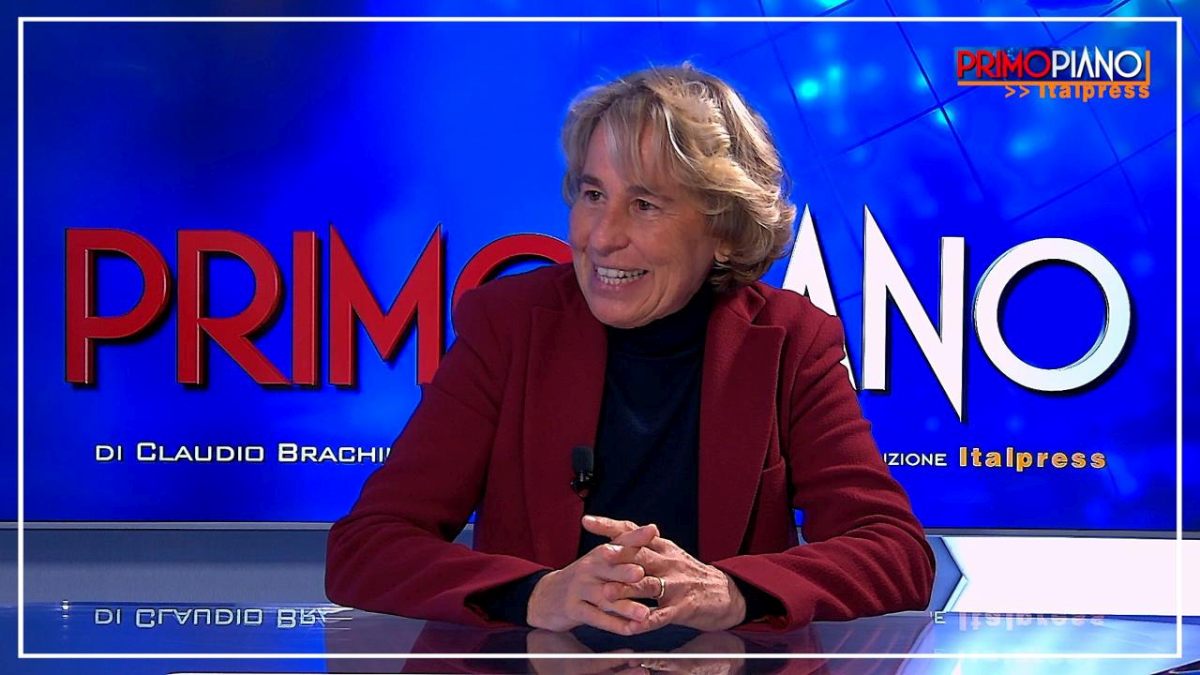ROME (ITALPRESS) – A life in which politics and family constantly travel together. Forza Italia Senator Stefania Craxi, chairwoman of the Foreign Affairs and Defense Committee of Palazzo Madama, in an interview with Claudio Brachino for the Primo Piano column of the Italpress news agency tells her story through the pages of her latest book “In the Shadow of History. My life between politics and affections,” Piemme editions. “I tell the story of a family that is a political and socialist family, a family that extended to a community, the socialist one in turn open to civil society – Stefania Craxi’s words -. I had understood from the beginning, as a child, that my father would never take care of my homework, my first crushes, the only way to stay close to him was politics and so I did my first campaign at the age of 8, backpacking up and down Milan. He, too, realized early on that he had little space to spend with his family, so I traveled a lot with him, accompanying him on official visits around the world. “Craxi, retracing those years, recalled, “My father (Bettino, ed.) left me a great gift, that of introducing me to the long breath of history, he was a man with Risorgimento values, nineteenth-century but with a modern, very lucid and far-sighted vision he taught me independence and freedom. “A history lived between Milan and Hammamet. Specifically on the Lombard capital he explains, “If you ask a Milanese today what he thinks of the Milan of the 1980s, those who lived it will answer, ‘Give it back to us. It was the Milan of opportunities, it was the Milan designed by the reformist mayors, it was coming out of the dramatic years of terrorism, which also wanted to have fun, it was an inclusive city, where everyone mixed, today Milan is no longer like that, they have exchanged the inclusiveness of rights for social inclusiveness, it has forgotten to be the economic and moral capital of the country, and has become a city for rich singles.” In the book he tells of two Hammamets: “The first one the one that represents happiness, they were the years of childhood and adolescence, difficult childhood because there was nothing, for adolescence very fun because it had become a meeting place for many artists, Italian and French, very lively, very alive, suddenly then there is Hammamet 2: the silence, the loneliness, the isolation, the difficulty from afar to be heard, I still judge that one a story of infamy that weighs on the republican history of Italy. Craxi’s sentences are public, you can read them and you can understand what the injustice was, after which my first life closes with the death of my father and politics becomes part of my existence again, perhaps it had never left.”Stefania Craxi points out that “in the country the air has changed a lot and history is doing its work, sooner than I thought, this book is also an ode to politics, to good politics and its primacy: in those days politics had to do with life and death, not with television.”The senator concludes by recalling the years of Berlusconi’s descent into the field: “Dad was happy that Silvio Berlusconi, with whom he had a true friendship, had stopped Occhetto’s infamous “joyous war machine” that would, probably, have given the country years of illiberality. He also hoped that the problem of the encroachment of justice into the political sphere would be solved, that a political end would be given to Tangentopoli, at the same time he understood that politics had changed once and for all.”
– Italpress Photo –
(ITALPRESS).

